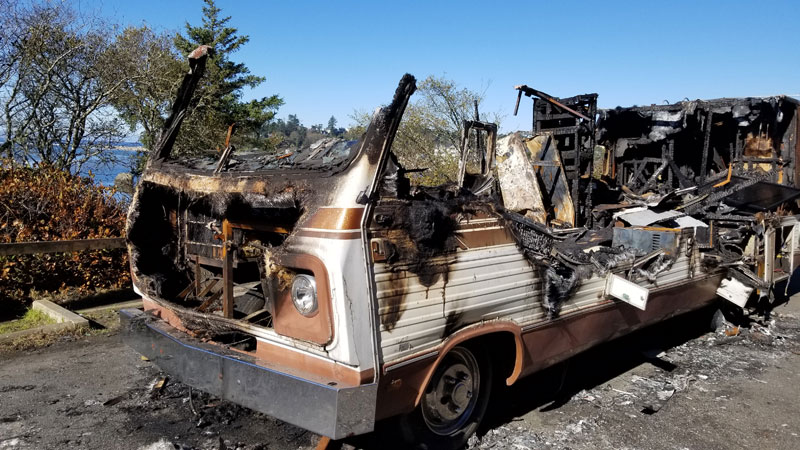ChicagoDIY
New Member
I recently had to install a shut off valve on a new gas line in my home. The line is near the floor so I put an elbow joint on the line, a 4” long pipe, and then the valve on top of that. I used pipe dope on all connections. My question is pretty general. I’m just curious if there is a consensus on how tight iron pipes need to be for a gas line after they’re hand tight? After hand tightening the elbow joint, I used a wrench to make another quarter turn so that the elbow pointed upright after realizing I wouldn’t be able to make another full turn without a longer wrench or using my body weight. I did the soapy water test and all connections seem to be good. Just a little paranoid that I should have attempted another full turn. Any advice or input is greatly appreciated.

